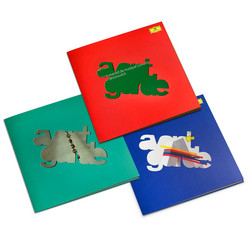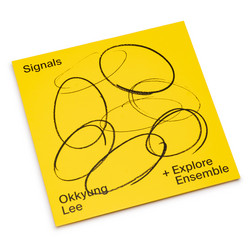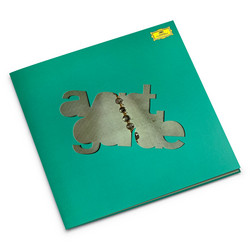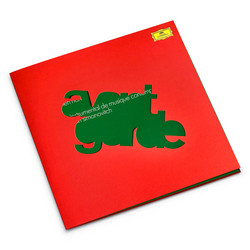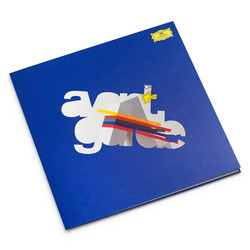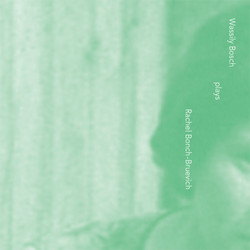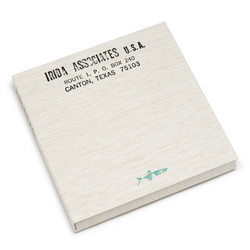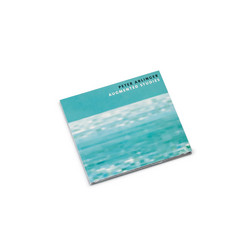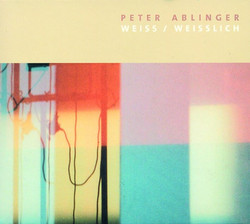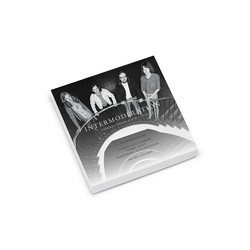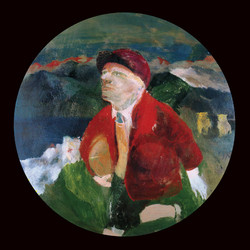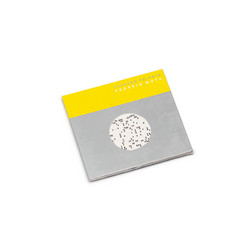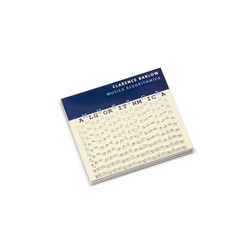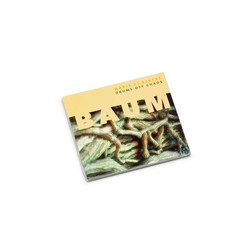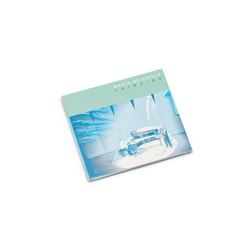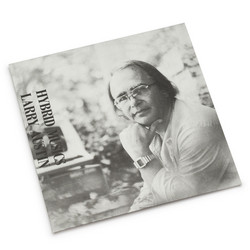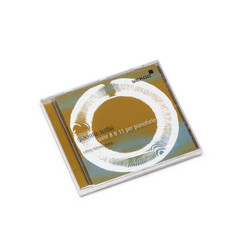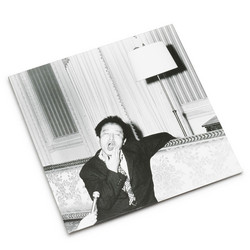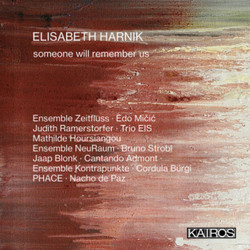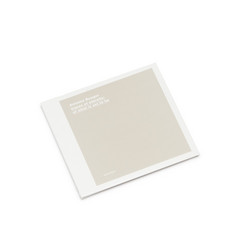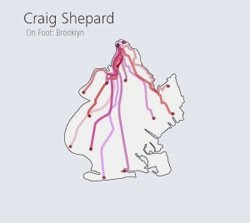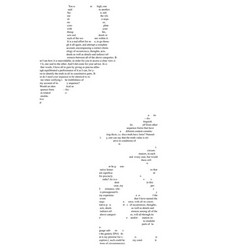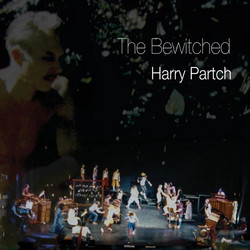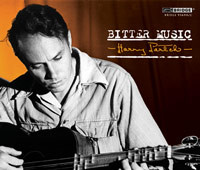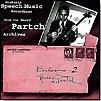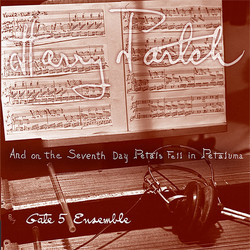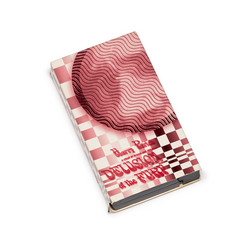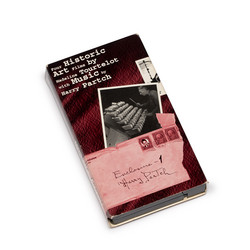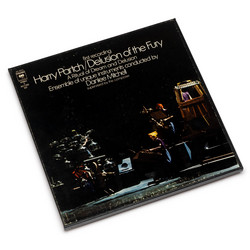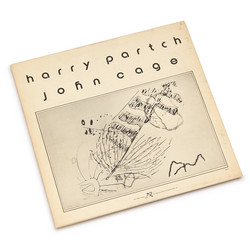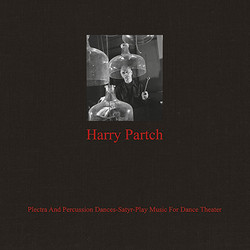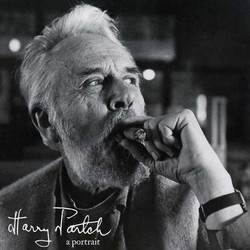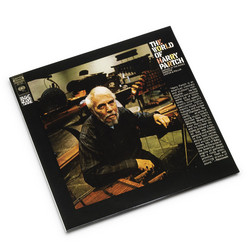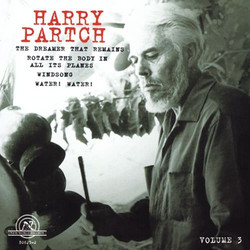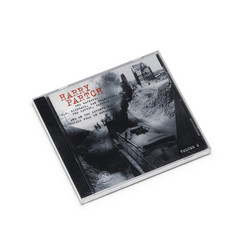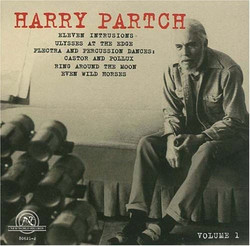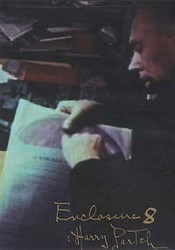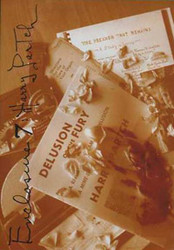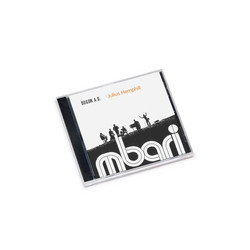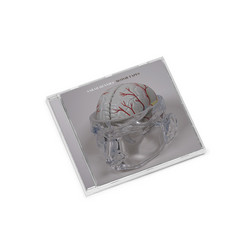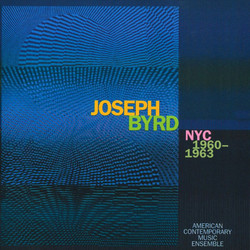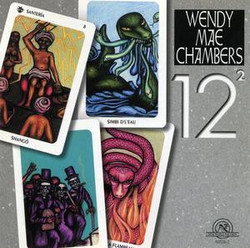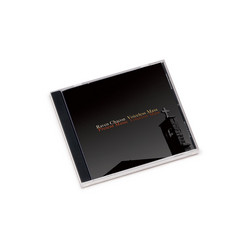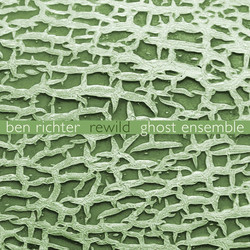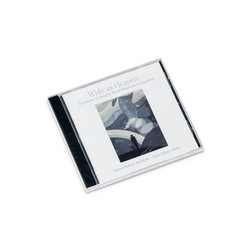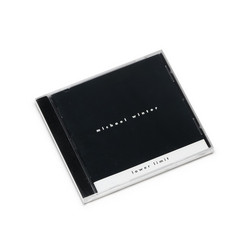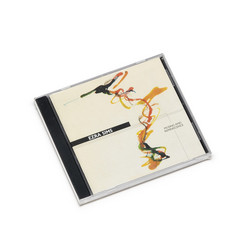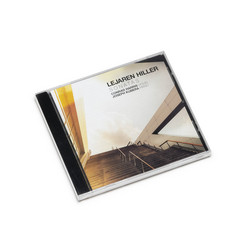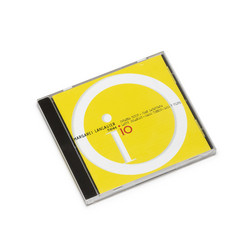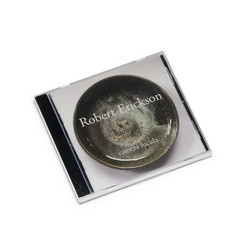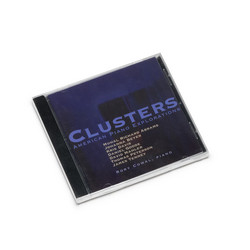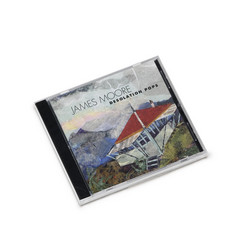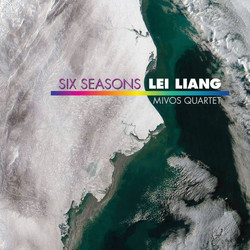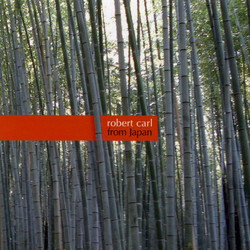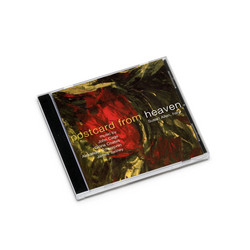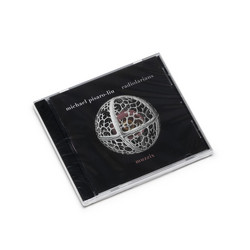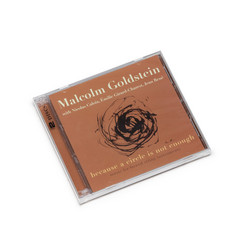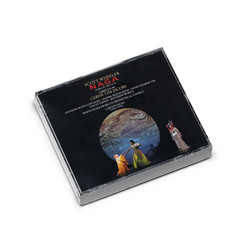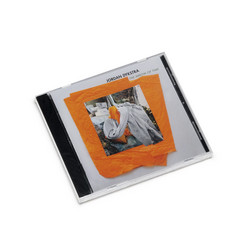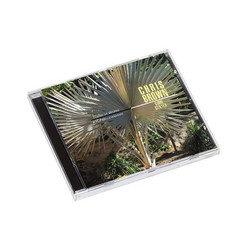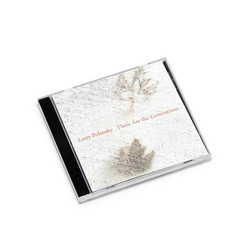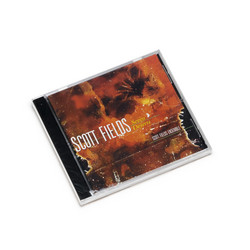Harry Partch
The Harry Partch Collection, Volume 4 - The Bewitched
Label: New World Records
Series: The Harry Partch Collection
Format: CD
Genre: Compositional
Out of stock
Meticulously remastered from the original mono master tapes! The Bewitched was Harry Partch’s first work solely intended for dance (and mime-dance at that; he was not overly enamored in his lifetime of so-called “modern dance”). Drawing heavily from his deep affection for the music-theatrical performance traditions of Greek theater, as well as those from Africa, Bali, and Chinese opera, Partch conceived of a contemporary American music ritual-theater where musicians not only play, but also function at times as movers-singers-actors. Such is the case of The Bewitched, where the instruments are the set, in front of (and around) which dancers “dance,” but where the onstage musicians also move and sing. Partch’s masterpiece has been lovingly remastered from the original mono masters and the 24-page booklet includes never-before-published photographs from productions of The Bewitched. This is the definitive document of this very important work.
The Harry Partch Collection, Vol. 4 is comprised of only the lengthy "dance satire" "The Bewitched," which features musical accompaniments for a prologue and ten scenes. Partch's music is stunningly resourceful and iconoclastic: Many of the instruments used here were created by Partch himself, and Partch embraced non-Western and ancient music as principal sources of inspiration long before it became popular for composers to do so. Also, by the 1950s, when this work was composed, Partch had worked for decades on systems of microtonality (in which the composer divides the octave into a different number of pitches than the usual 12) that the rest of the new music world was just beginning to catch up with. "The Bewitched" is intensely percussive, and despite its cosmopolitan themes (exoticism, basketball, xenophobia, women's suffrage), it often sounds like field recordings of folk songs from unfamiliar lands. With 19 performers, it might be a bit difficult for the novice to appreciate all the unusual instruments used here. The newcomer to Partch's music might want to start with The Harry Partch Collection, Vol. 2, which is easier to digest because it features smaller ensembles. The music is ambitious and strange, and the recording, from 1957, still sounds great, though, so Partch fans will surely appreciate Vol. 4. AllMusicGuide
